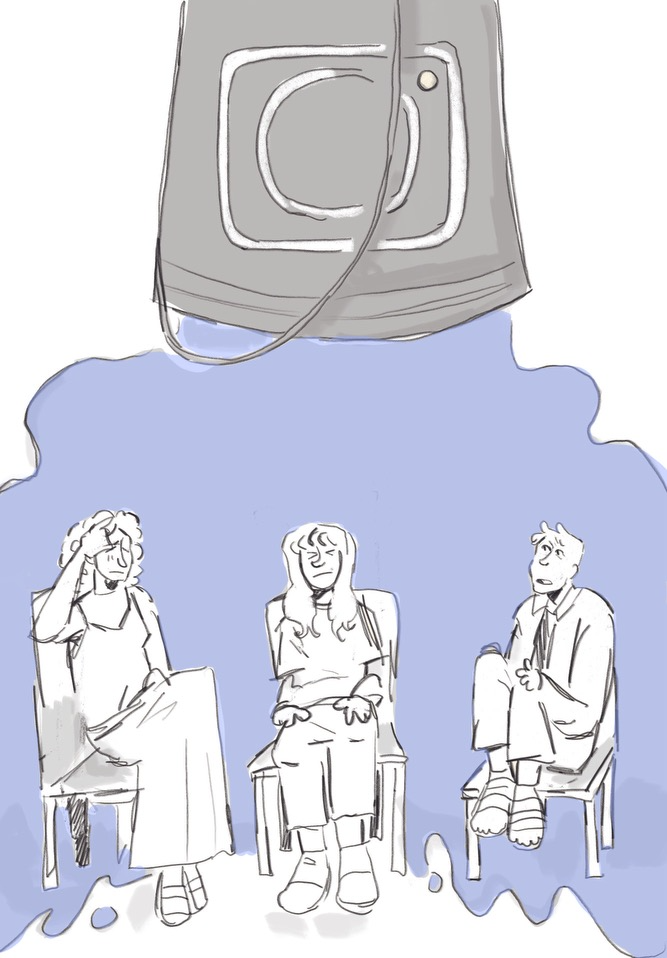The Most Authentic Voice in Literature
Oct 14, 2022
I first picked up Elif Batuman’s The Idiot on a rainy day in Paris. My sister had just finished the novel on our family trip to Europe, and had spent the entirety of its 400 pages telling me that I needed to do the same.
When I asked her about the plot, she replied that it was “hard to explain.” After reading the book, I agree.
The novel borrows its name from the classic Russian novel, Fyodor Dostoevsky’s The Idiot. It follows the story of Selin, the American daughter of Turkish immigrants, during her freshman year at Harvard. The year is 1995, email is brand new, and Selin is attempting to settle into college life. She navigates feelings of mediocrity, struggles with a confusing love story, and travels to both France and Hungary.
The Idiot is difficult to describe because it is inherently messy. I did not fully appreciate how well-written and unique it was until well after I finished it.
What makes the book so refreshing is that Selin is not a hero. Batuman crafts a truly realistic character, making no effort to romanticize her protagonist. She is chaotic, insecure, and often annoying. While the unhinged main character trope may bother some, I found her slight madness intriguing and, frankly, comforting.
The way Selin’s mind functions is so incredibly special, and this was apparent to me as I was able to read her inner monologue. The way she interprets life sets her apart from any protagonist I have previously encountered. Seeing her experience the same self doubt that I do made me feel heard. Batuman made her message clear that regardless of who you are and what you have accomplished, insecurity is normal and valid.
She is somehow able to verbalize everything that I have ever thought but never said. In one instance, Selin is able to pinpoint our internal desire to be the protagonists of our own life. She remarks that when young children watch movies, they always see themselves as the main character. The Dumbo or the Pinocchio, the repressed and the doubted. We all want to believe that we are good people, regardless of actuality. Throughout my reading experience, I found myself bookmarking pages and scribbling down quotes in moments like these. This is why I think that Selin is a character that will resonate deeply with people: she is not sure of herself, like so many of us are.
Batuman also writes about love in a way that feels completely authentic. In short, romance does not always pan out the way Selin expects. Life is not a movie, it is not always navigable or kind, and, to me, this portrayal of life is better than something manufactured. When I read about Selin’s ups and downs with love, I felt my heart twinge and pang with hers.
Finding a book that can insight real emotion is rare, but The Idiot did so excellently.
I found myself audibly emoting, whether it be laughing or sobbing. To me, this is the sign of a fantastic writer.
If you’re looking for a fairytale, maybe don’t read The Idiot. But if you want to feel seen and supported, and maybe laugh a little, then I highly recommend you do.


























